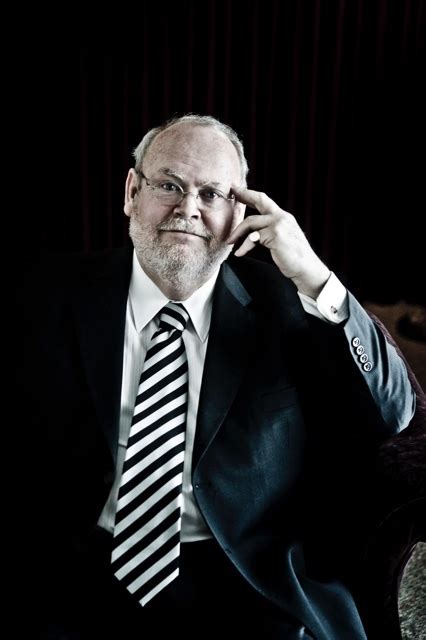A Quote by Joseph Addison
Man is subject to innumerable pains and sorrows by the very condition of humanity, and yet, as if nature had not sown evils enough in life, we are continually adding grief to grief and aggravating the common calamity by our cruel treatment of one another.
Related Quotes
He didn't know of course. Not really. And yet that was what he said, and I was soothed to hear it. For I knew what he meant. We all have our sorrows, and although the exact delineaments, weight, and dimensions of grief are different for everyone, the color of grief is common to us all. "I know," he said, because he was human, and therefore, in a way, he did.
Grief is accepting the reality of what is. That is grief's job and purpose-to allow us to come to terms with the way things really are, so that we can move on. Grief is a gift of God. Without it, we would all be condemned to a life of continually denying reality, arguing or protesting against reality, and never growing from the realities we experience.
Another misconception is that if we truly loved someone, we will never finish with our grief, as if continued sorrow is a testimonial to our love. But true love does not need grief to support its truth. Love can last in a healthy and meaningful way, once our grief is dispelled. We can honor our dead more by the quality of our continued living than by our constantly remembering the past.
We hold death, poverty, and grief for our principal enemies; but this death, which some repute the most dreadful of all dreadful things, who does not know that others call it the only secure harbor from the storm and tempests of life, the sovereign good of nature, the sole support of liberty, and the common and sudden remedy of all evils?
Grief is real because loss is real. Each grief has its own imprint, as distinctive and as unique as the person we lost. The pain of loss is so intense, so heartbreaking, because in loving we deeply connect with another human being, and grief is the reflection of the connection that has been lost. We think we want to avoid the grief, but really it is the pain of the loss we want to avoid. Grief is the healing process that ultimately brings us comfort in our pain.
In the condition of men, it frequently happens that grief and anxiety lie hid under the golden robes of prosperity; and the gloom of calamity is cheered by secret radiations of hope and comfort; as in the works of nature, the bog is sometimes covered with flowers, and the mine concealed in the barren crags.
I think what I was unconsciously expressing in 'Black Rainbow' was a very abstract and metaphorical grief, in the way I had suppressed my grief about my mother dying. In retrospect I realise I started writing 'Mandy' as a sort of antidote to that, to sort of express those emotions, to purge that grief.
He who remembers the evils he has undergone, and those that have threatened him, and the slight causes that have changed him from one state to another, prepares himself in that way for future changes and for recognizing his condition. The life of Caesar has no more to show us than our own; an emperor's or an ordinary man's, it is still a life subject to all human accidents.
I think grief is a huge subject; it's one of the things that everybody is going to confront in one way or another. There's been a lot of books written about how Americans have an odd way of trying to defer grief or minimize the need to grieve. People used to have a lot more ritual grief in their lives. For the most part, we think of it as a strictly temporal process: you grieve for a time and then you're over [it], but it's also a spatial process. It travels across a map.



































